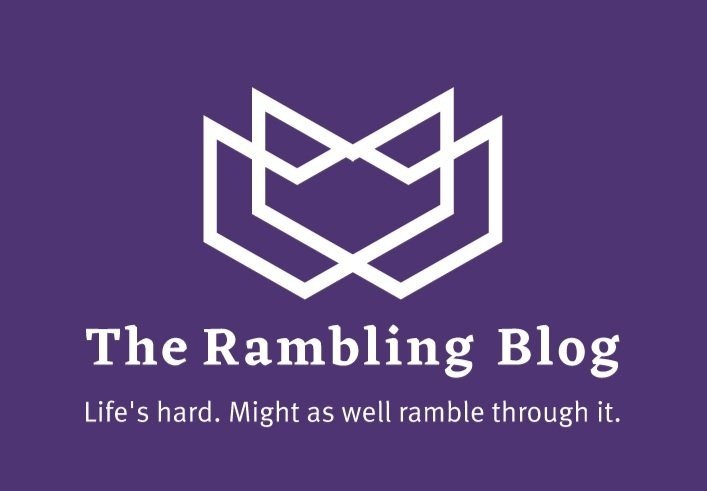An Open Letter on Anxiety
Dear Reader,
It may come to surprise you that I suffer from anxiety. Perhaps some of this anxiety is part of the normal angst of the human condition. Surely, not all of it can be explained away as part of the normal, human condition. When one is pulled taut, their mental bands fraying at the edges, anxiety increases. One begins to wonder if one can regain the slack that used to exist in their demeanor. At some point, this state of being becomes not a temporary piece of the day, such as when the deadline for a project approaches, and one realizes that they haven't taken the time to complete their tasks. Instead this anxiety and dread become a cloud which hovers over every aspect of the day.
One feels trapped within a circle of dizzying responsibility, thrust into their role as a bad stage actor. Like Sartre's waiter, one begins to realize they are acting "in bad faith," and not in a manner that matches who they wish to be. Their freedom, though still as universal and accessible as at any other point in time, begins to feel less achievable. Like the waiter, one learns the subtle hints of restauranteurs, when to leave a table, when to stay and have small talk, and when to ask for another round of drinks. He becomes an invisible force, tied not to his own freedom, but to the background of the restaurant. Without him, another would easily slip into place. With him, the restaurant continues to function at great efficiency. Once the waiter pauses to reflect on his situation, his contingent existence of having been thrust into the world, he realizes how absurd his existence is.
Contingent, absurd, tragic--none of these terms fit the individual, but they seem to fit every individual's situation. Perhaps one can make a subjective argument for the meaning of one's existence; no argument from such has truly convinced me of meaning. The absolute, unconditional freedom purported to be at the center of every person's being does not leave one with choice, but leaves one at the center of loss. An astronaut drifting in zero gravity may have no pulls on his body, no demands made of him. Yet any action he takes would be a flailing, a useless writhing against the nothingness of deep space. One might argue the astronaut can exercise choice through his actions; he can flail in space or peacefully drift where the cosmic winds take him. Yet even this choice would be a trick of mind, a comforting lie that the mindset one takes toward their drifting in space ultimately can imbue the drifting itself with meaning. Take away the firmament, and we are all left adrift.
If action and disposition themselves do not make for meaning and do not on their own provide a path to uncontested meaning, to what shall we look to ease our anxiety? Perhaps a nihilism, despite the adolescent nature of that worldview, is truly the only way to ease existential anxiety. This is the only worldview that can pave the way for an acceptance that, in the overarching scheme of things, one truly does not matter. Accept the contingency, the absurdity, the tragedy of such a world, and suddenly these show the world in relief of itself.
Acceptance can lead to overcoming anxiety. To what end shall you suffer in a contingent world? What cruelty can you commit in an absurd farce? What loss can be suffered worse than the loss of innocence? This letter may be read as a melodrama, rightly so if I am to be honest to my character. Tonight, I will go to bed with a weight in my chest, I will sleep poorly, and then wake tomorrow exhausted yet again. I shall drape my anxiety in the intellectualism of the books that surround me, and carry myself through another nervous, anxious, dreadful weekend.
At the end of a long day, when anxiety has taken hold, I may even allow myself to cry.
Contingently Yours,
The Author


